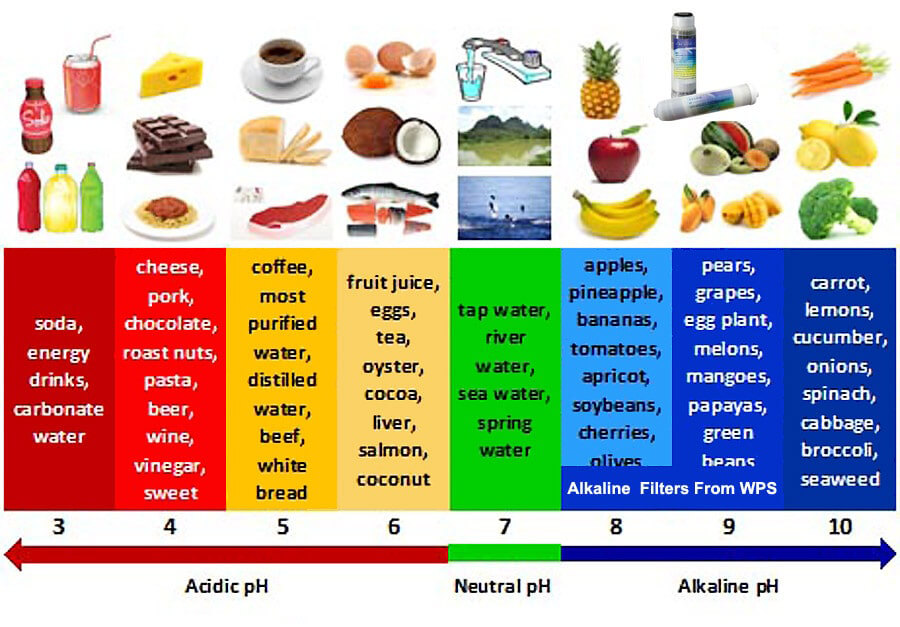
There is no doubt that everyone has heard about a pH of water. You see different commercials on a TV that talk about higher than normal pH level in water (EPA recommends water pH from 6.5-8.5), or you walk by a fancy water bottle at the grocery store with flashing “pH of 9.5” on it. You may ask what pH your drinking water should be?
There is no clear answer. However, in recent years alkaline water has been on a rise in popularity. Its pH level is 8 and above. The advantages of such water compared to other levels of pH in water are the following: it is a natural antioxidant, it maintains alkaline balance in our body, it is better and faster to digest, and it contains more oxygen. Certain medical conditions like the acid reflex, diabetes, high blood pressure or high cholesterol can be eased or eliminated completely by drinking alkaline water. Also, if you like to exercise, drinking alkaline water helps you fight dehydration after intense physical activity. But on top of all of that, there are claims that consumption of alkaline water can cure cancer.

There are many options of Alkaline Water Filters available on the market today.
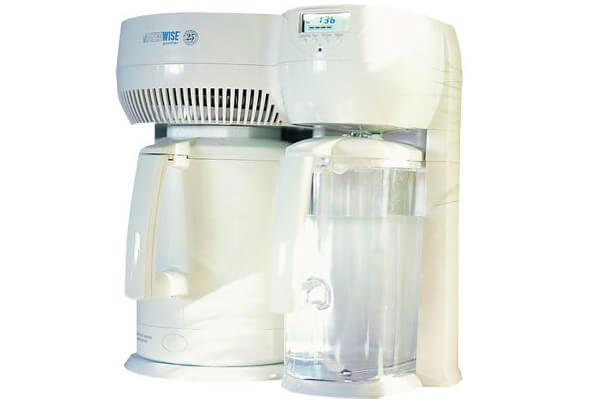
Water Distiller
A water distiller could increase pH of Drinking water. A distiller evaporates the drinking water separating water from sediment and chemical particles, after the distiller condenses steam to pure water with no chemicals. The pH of distilled water (not exposed to air) is approximately pH 7.0. PH of Pure water exposed to air will be dropped from 7.0 to 6.0 or 5.5 (absorption of Carbon Dioxide is the factor which affects water acidity). Distilled water not exposed to the air is considered safe for drinking. In addition, PH of distilled water could be increase with PH drops, or adding some veggies or fruits.
Water Ionizer
A water ionizer will increase water alkalinity through electrolysis. Distilled and Reverse Osmosis water cannot be used with water Ionizer. In order to work properly Ionizer needs electrolyte for electrolysis. A Ionizer will separate Oxygen and Hydrogen from water. Water with more oxygen will be Alkaline water with Hydrogen will be more acidic. At the end of process, Ionizer will produce two types of water Alkaline and Acidic. Water Ionizers are effective but very costly the electrodes in water ionizer are made from Titan and polished with Platinum.
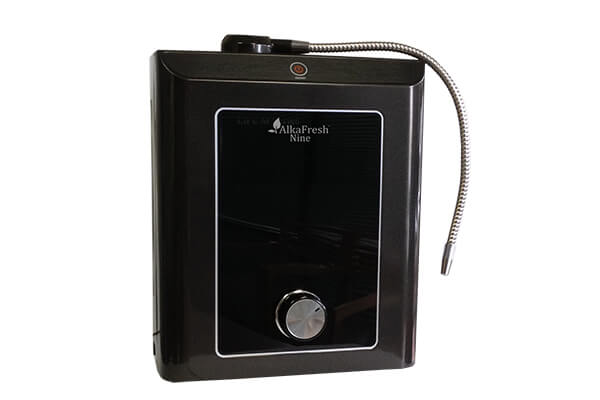
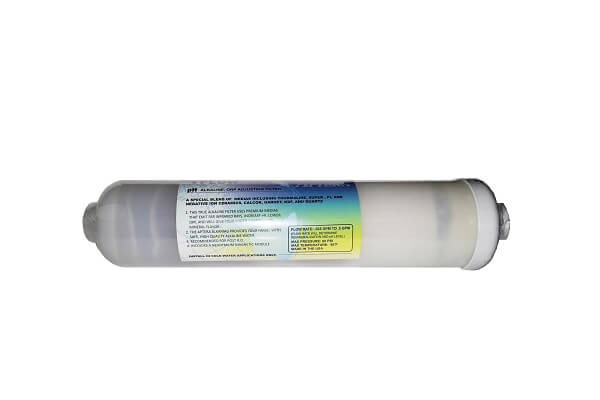
Alkaline Water Filters – Neutralizing Filter
At Water Purification Systems Inc. we offer the most recent and innovative alkaline water filters/cartridges, also called neutralizing filter – These filters contain minerals as: calcite, limestone, magnesia that release calculated quantities of calcium or magnesium in the drinking water. Alkaline water filter is very effective for pH correction in drinking water. In addition, alkaline water filter gives to drinking water refreshing mineral taste. You do not have to go to the store to get that expensive bottle of high pH level water, you can just always have it in your own kitchen any time of the day. Are you ready to be exposed to a better health with an alkaline water filter at your home? Then call us today for a free pH water test, and a free quote.

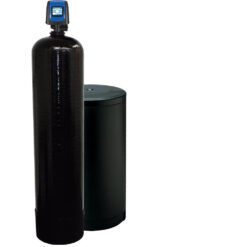
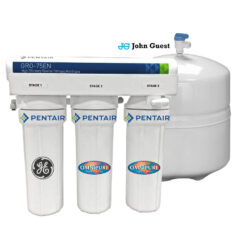
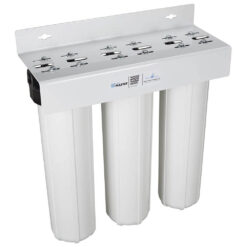
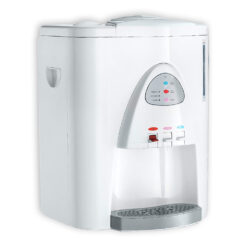
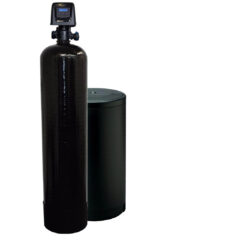
Pingback: How to Raise the pH of Water - Chris Hasegawa, PhD Retired Science Professor & Dean